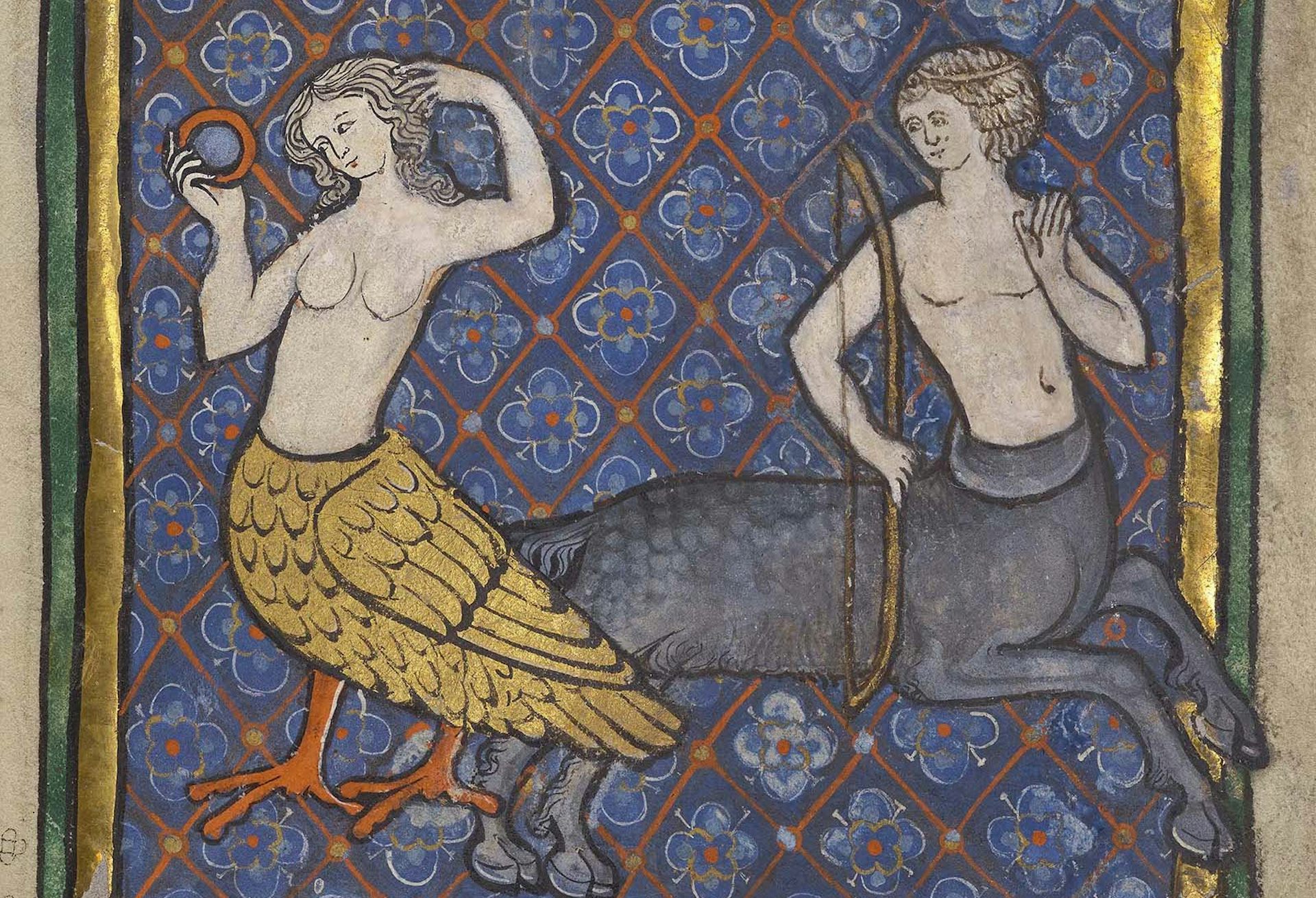Great Britons
Winston Churchill (1874-1965)

Click the image for a larger view
you should follow the link to each for further information
Our look at some of the significant happenings 100 years ago this month.
15. Winston Churchill, writing to Prime Minister Stanley Baldwin, said Singapore’s defences did not need to be completed for another fifteen to twenty years: “I do not believe there is the slightest chance of war with Japan in our lifetime. Japan is at the other end of the world. She cannot menace our vital security in any way.”
20. Adolf Hitler was released from Landsberg Prison, as part of a general amnesty for political prisoners, having served less than 9 months of a 5 year sentence.
24. Imperial Airways de Havilland DH34 airliner crashes soon after take-off from London’s Croydon Airport killing all eight people aboard; this leads to the first public inquiry into a civil aviation accident ever held in the United Kingdom.
26. Judy Garland made her show business debut, aged 2½, singing “Jingle Bells” at her parents’ theatre in Grand Rapids, MN.
30. American astronomer Edwin Hubble announced that Andromeda, previously believed to be a nebula, is another galaxy, and that the Milky Way is only one of many such galaxies in the universe.
Here we go with this month’s collection of links to items you’ll wish you’d not missed.
Science, Technology, Natural World
First off, wasps … apparently hornets are able to hold their alcohol amazingly well. [££££]

Birds listen to their songs in a totally different way than we do. [££££}
Scientists have found a surprisingly intact sabre-toothed tiger kitten frozen in Siberian ice, and it’s revealing unknown details about the species.
In 2023 researchers sent a dummy alien signal to Earth, without telling anyone, and it has now been decoded although not understood!
Jupiter is large enough to swallow at least 1000 Earths, and yet it has no surface.
NASA has a large number of satellites studying the sun, and they’re providing some surprising discoveries unrelated to the sun.
Look deeper and you find that comets have sinkholes, which generate jets of material.
In another piece of work from NASA, they’ve discovered two galaxies, looking like bloodshot eyes, which seem to be in the process of merging.
And finally in this section, astronomers have rediscovered a “dandelion-like” supernova first spotted in 12th-century China and Japan. [££££]

Health, Medicine
H5N1 bird flu has been detected in pigs, which is a big cause for concern as they are a well-known “mixing vessel”. And a teenager hospitalised in Canada has H5N1 with mutation(s) which may make it more transmissible between people.
It turns out that humans evolved to share beds, and not only with their romantic partner.
Synaesthesia is strange (especially for those of us who don’t have it) but ticker-tape synaesthesia, where real life comes with subtitles, is really bizarre.
Sexuality
Girls, is it that you just don’t like sex, or is it that you don’t like patriarchal sex? [LONG READ]
So how do you like your dirty talk during sex? [££££]
Is using lube really that much of a taboo for straight couples? Seems it is. [££££]
Environment
OK, so let’s change track …

Apparently British cities are taking on the Japanese concept of “tiny forests“.
And in a similar vein, relatively small patches of wildflowers in cities are as good as natural meadows for insect biodiversity.
History, Archaeology, Anthropology
An amateur archaeologist has discovered another two stone circles on Dartmoor, and believes they add to the theory of a sacred arc of stone circles.
So who was Gunhild? And was she a victim of medieval ethnic cleansing?
On the other side of the world, a postgraduate student has serendipitously found a lost city in the Mexico jungle.
In Leicester they’ve found an 800-year-old burial pit containing 123 bodies, and it’s a complete mystery.
In the mid-13th-century, in what is now Turkey, a kingdom changed hands in exchange for a hat.

In order to make sense of the world as best they could medieval people had lots of supernatural beliefs: elves and fairies; abductions and the undead.
On which subject, here’s a look at some medieval animal ghost stories.
When you’re a peasant economy and don’t have the resources to feed lots of livestock through the winter, November becomes Blotmonath, the month of animal sacrifice and trying to store the meat.
The British Library currently has an exhibition Medieval Women: In Their Own Words. Here’s a review.
Food, Drink
Our drinking water contains many “forever chemicals”, but practically and personally what can we do to ameliorate this?
Wow! Ha ha!
So it’s that time of year, the season of Winter Vagina.

Our look at some of the significant happenings 100 years ago this month.
4. 1924 United States presidential election won by Republican Calvin Coolidge
4. Died. Gabriel Fauré, French composer (b. 1845)
20. Born. Benoit Mandelbrot, Polish-born mathematician (d. 2010)
30. Born. Allan Sherman, American comedy writer, television producer and song parodist (d. 1973)
So once more, somehow, another month passes and we come around again to this month’s selection of links to items you didn’t know you didn’t want to miss!
Science, Technology, Natural World
Starting here, it’s all downhill, because it seems that a lot of science is actually faked.

Fly brains may be tiny in size but they’re still stuffed with very complex inter-weavings of thousands of neurons, so it’s amazing that researchers have managed to map every neuron. Two reports, first from BBC, and second from Scientific American [££££].
At a different level, scientists have analysed ancient DNA to unravel how the endangered Iberian Lynx avoided extinction.
Some fish in the sea are so bizarre … here’s one that walks on six legs, and those legs can smell its prey in the sand. [££££]
Still at sea, but now above the water, research has found that the windless doldrums around the equator are caused in a completely different way than previously thought.
Staying with things geographical, apparently Mount Everest is still getting taller and not quite in the way we might expect.
It’s no great surprise that scientists have found that the asteroid which wiped out the dinosaurs was not a one-off.
And talking of meteorites, there was a mega meteorite about 3 billion years ago which was at least the size of Greater London which boiled the ocean and created a 500km wide crater.
NASA has shut down one of Voyager 2’s five remaining instruments to save power.

And finally in this section, did the early universe balloon in size with “cosmic inflation“, or is there a much simpler explanation?
Health, Medicine
This month’s medical matters are all to do with reproduction, in one way or another …
There are many genetic changes that link puberty to other aspects of physiology and affect its timing.
Prof. Christina Pagel highlights why we need to stop ignoring period pain and heavy bleeding!
Why is it that many doctors don’t believe women about the menopause? [££££]
At which point the Guardian asks if wearing a bra makes breasts more perky.
Let’s segue away from “women only” … in a move labelled “bonkers” by many, an NHS hospital in Norfolk has instructed staff that they must not describe babies as “born” male or female [££££]
And finally to the morgue where pathologists have found, during an autopsy, that the deceased 78-year-old man had not two, but three penises – and it is only the second ever such report and the first in an adult. Two reports, from Popular Science and Gizmodo. And the published academic papers make interesting reading!
Environment

In the hope of re-establishing colonies right across Britain, a number of pine martens have been released at a secret locations in Devon.
Social Sciences, Business, Law, Politics
It is being alleged that companies will no longer want to force people to change passwords every few weeks to counteract cyber attacks. I’ll believe it when it happens.
Art, Literature, Language, Music
An illustrator talks about how she went about a big commission.
Brits are forever complaining about the relentless invasion of English by Americanisms, but British English regularly invades the US.
History, Archaeology, Anthropology
What?! So little history this month?!
Archaeologists have found a very rare Bronze Age wooden spade in southern England.
Archaeologists have found another tiny house in Pompeii which is decorated with erotic frescoes.
Going Medieval finds that medieval people were just as much into side hustles as their modern counterparts.
Food, Drink

White mulled wine seems set to be a thing in UK this Christmas, with Marks & Spencer taking the lead.
Why did European cuisine become so bland? Apparently because snobbery decreed the removal of all the spices and contrasting flavours from the cuisine.
Is it possible to make a commercial, ethically responsible, and tasty fish finger?
Lifestyle, Personal Development, Beliefs
We should put down our mobile phones and get back into the habit of reading
So just why shouldn’t women propose marriage to men?
And last, but by no means least …
On discovering something wonderful when skint and posing as a nude model. [££££]

Here’s our next instalment of things that happened in ..24 years of yore.
Notable Events in 1824
8 January. After much controversy, Michael Faraday (below) is finally elected as a member of the Royal Society.

8 January. Birth of Wilkie Collins, British novelist (d.1889)
21 January. Birth of Thomas Jonathan “Stonewall” Jackson, American Confederate general (d.1863)
10 February. Simón Bolívar is proclaimed dictator of Peru.
4 March. Founding of the Royal National Lifeboat Institution (RNLI)in Britain.
19 April. Lord Byron, the British poet, dies at the age of 36 in the Greek city of Missolonghi, where he had taken ill while making plans to liberate the Greeks from Ottoman rule.
7 May. Premiere of Beethoven’s Symphony No.9 at the Theater am Kärntnertor in Vienna.
16 June. The Royal Society for the Prevention of Cruelty to Animals (RSPCA) is established in Great Britain.
4 September. Birth of Anton Bruckner, Austrian composer (d.1896)
10 October. The Edinburgh Town Council founds the Edinburgh Fire Engine Establishment, the first municipal fire brigade in Britain (and probably the world). [Pictured below an 1824 Edinburgh Fire Engine.]

21 October. Joseph Aspdin patents Portland cement.
Unknown Date. The Colorado potato beetle is first described, by Thomas Say.
Here are the answers to this month’s five quiz questions. If in doubt, all should be able to be easily verified online.
Classical & Ancient World
Answers were correct when questions were compiled in late 2023.
Each month we’re posing five pub quiz style questions, with a different subject each month. As before, they’re not difficult, but it is unlikely everyone will know all the answers – so hopefully you’ll learn something new, as well as having a bit of fun.
Classical & Ancient World
Answers will be posted in 2 weeks time.
Our look at some of the significant happenings 100 years ago this month.
1. Born. Jimmy Carter, 39th President of the United States, recipient of the Nobel Peace Prize. Yes, he’s 100 today!
12-15. Zeppelin LZ-126 makes a transatlantic delivery flight from Friedrichshafen, Germany, to Lakehurst, New Jersey
29. Died. Frances Hodgson Burnett, Anglo-American writer (b. 1849)